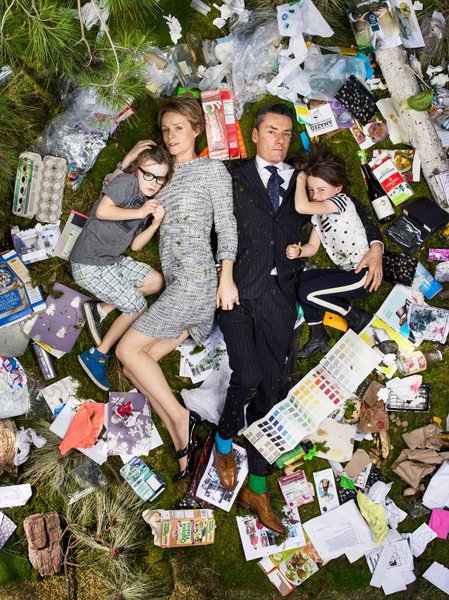The Metaphysics of Trash
Atmos
Ownership is a ubiquitous human concept that influences how people use and relate to objects. Its nature and origins have been the subject of major philosophical expositions. Some philosophers have noted that people’s personality can sometimes be reflected in their possessions and that property permits self-expression.
People experience a sense of
... See morePhenomenological Origins of Psychological Ownership
Haider Riaz Khan https://orcid.org/0000-0002-4586-6145 and John Turri

Trash or Treasure? Waste as a social construct - Chloe Glynn
LinkThe things we own are real. They exist here and now as a result of choices made in the past by no one other than ourselves. It is dangerous to ignore them or to discard them indiscriminately as if denying the choices we made. This is why I am against both letting things pile up and dumping things indiscriminately. It is only when we face the things
... See moreMarie Kondo • The Life-Changing Magic of Tidying Up: The Japanese Art of Decluttering and Organizing (The Life Changing Magic of Tidying Up)
Research indicates that when you own a thing, it becomes more attractive, valuable, and of better quality to you. Psychologists call this a “mere ownership effect,” and economists call it an "endowment effect.” Whatever the label, the effect is simple and very robust. In monetary terms, owned things are more than twice as valuable as identical
... See moreIf I Own It, It Must Be Good: What Is the Ownership Effect?
Research shows that even ideas are subject to distorted valuation.
Waste is unveiling. As we find ourselves standing in garbage that we know is our own, we find also that it is garbage we have chosen to make, and having chosen to make it could choose not to make it. Because waste is unveiling, we remove it.
James P. Carse • Finite and Infinite Games
Where my cousin saw waste as a form of excess—it was having something you didn’t need—my grandma saw waste as the act of a careless and unimaginative person.
